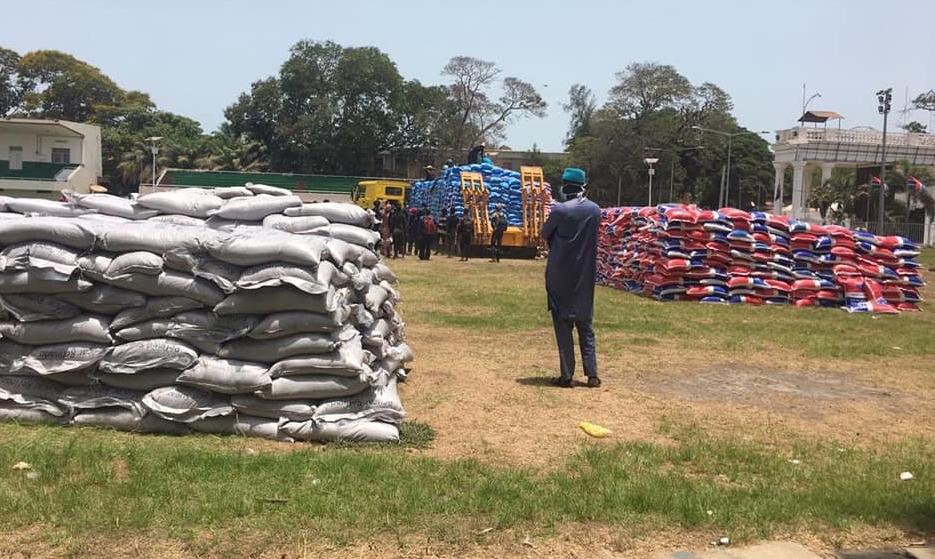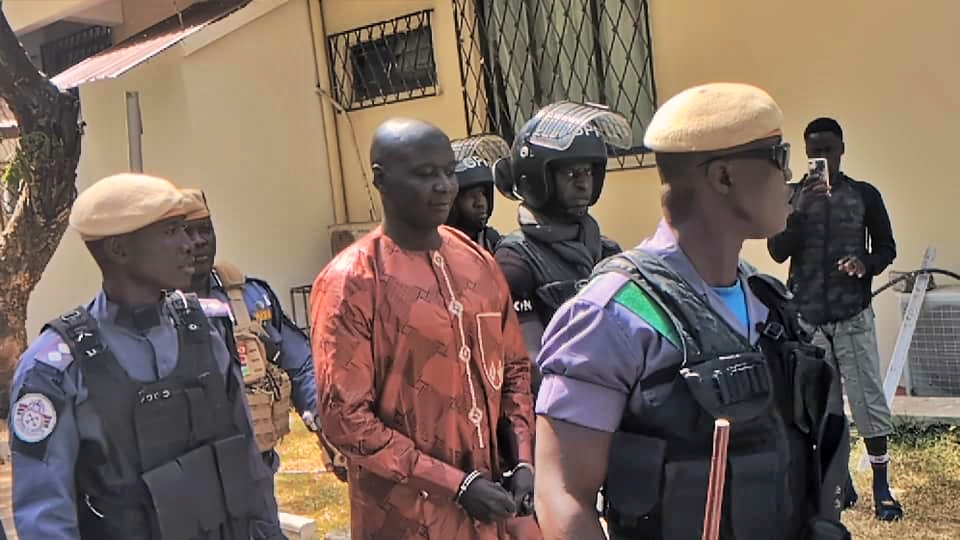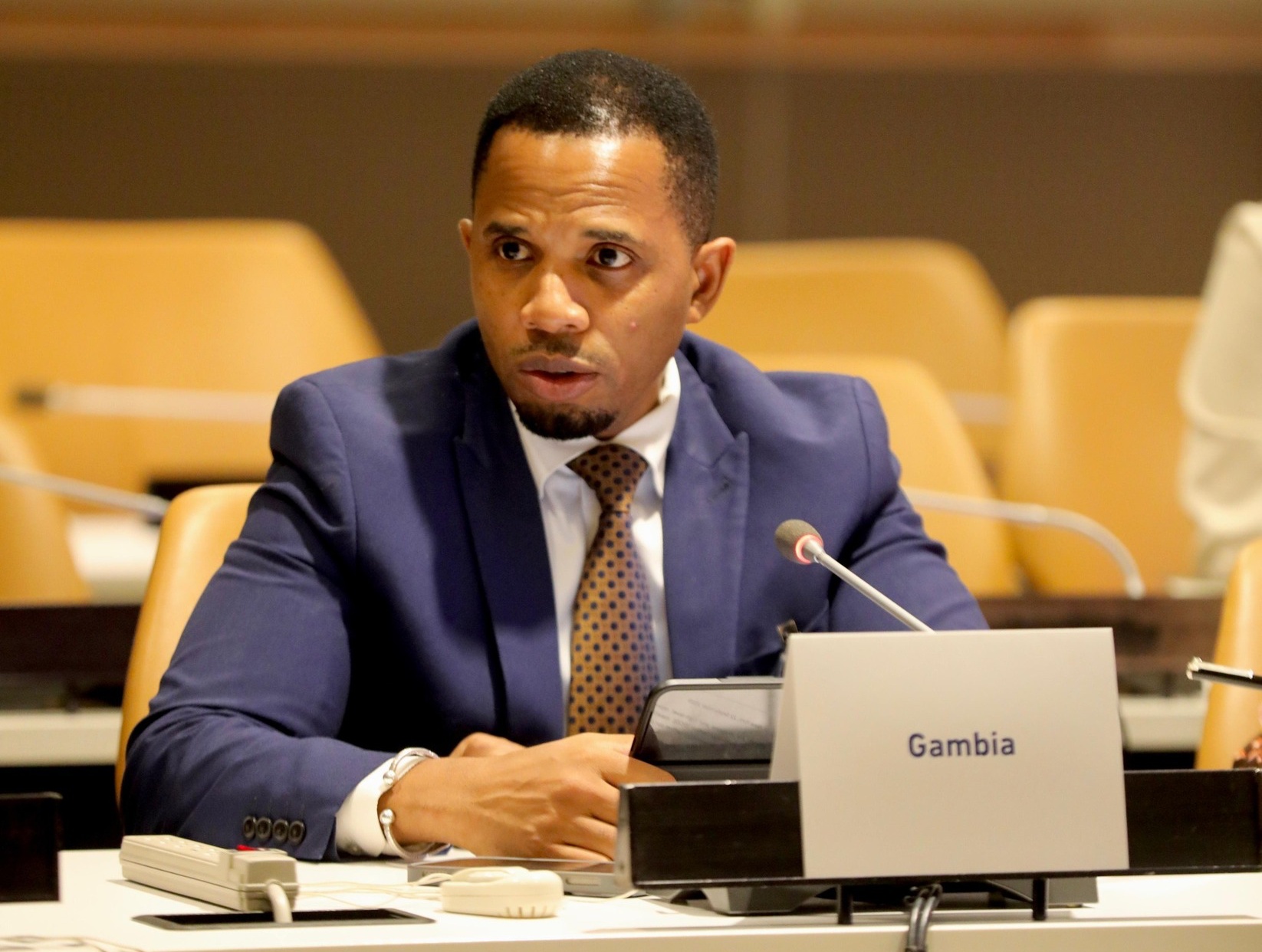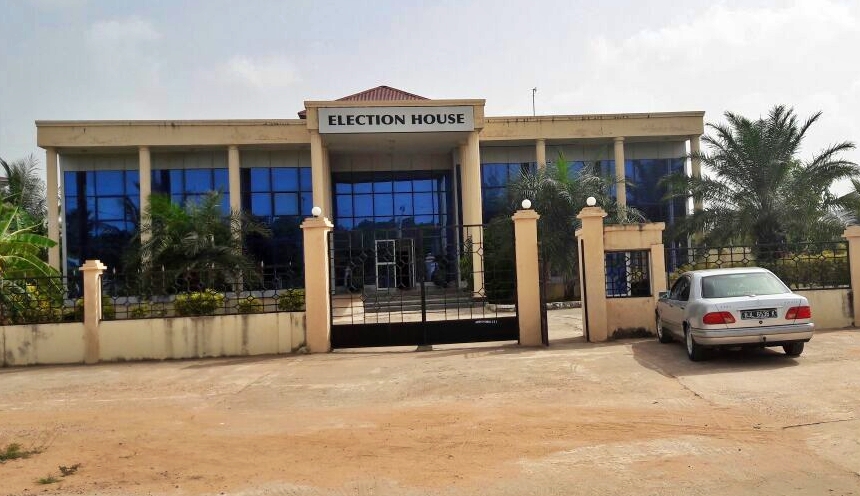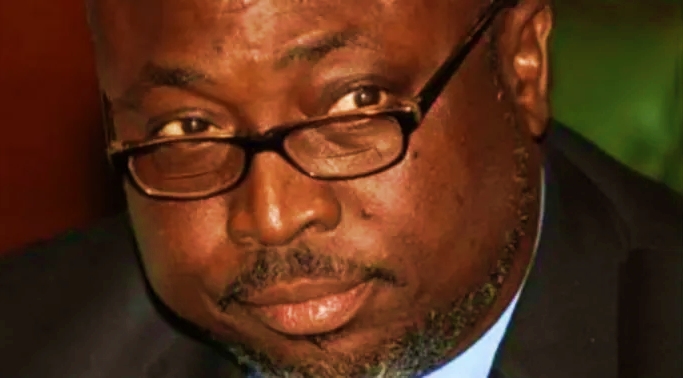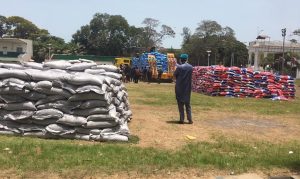Gambiaj.com – Banjul, The Gambia – Justice Joseph Wowo, a former Chief Justice of The Gambia and a Nigerian national, is at the center of a controversy involving unpaid compensation stemming from a ruling by the ECOWAS Court of Justice. Wowo, who was dismissed from his position in 2013 under allegations of corruption by then-President Yahya Jammeh’s administration, has accused both The Gambia and a former Nigerian colleague, Justice Emmanuel Inkea, of obstructing his rightful compensation.
After being detained and accused of corruption, Wowo challenged his conviction before the ECOWAS Court. The court ruled in his favor, deeming his trial a violation of his human rights and awarding him $150,000 in damages along with $50,000 for attorney’s fees. Despite this judgment, Wowo claims that, years later, he has not received any compensation while others involved in the case from The Gambia have been paid.
In an interview with a local Nigerian television show, Wowo expressed frustration, asserting that his compensation has been delayed due to his Nigerian nationality. “It seems the Gambian authorities are deliberately withholding my compensation because I am Nigerian,” Wowo stated.
Joseph Wowo argues that because he is a citizen of Nigeria, the Gambia has not compensated him. He has written to the Gambia’s government through the former Nigerian High Commissioner in Banjul, claiming that the country is purposefully refusing to pay him. Wowo added that compensation was given to a fellow Gambian judge who had experienced comparable problems. Joseph Wowo omitted the name of that Gambian judge, though.
He said the letters came from the Foreign Affairs Department informing President Adama Barrow of the circumstances. In 2021, Yahya Jammeh’s successor asserted that his administration has resolved every ruling rendered by the ECOWAS Court. But Joseph Wowo stated he’s not sure if this is accurate.
Adding to the complexity, The Gambia Journal has learned from judicial sources, in Banjul, that Wowo’s case has been further complicated by the interpretation of the ruling from the ECOWAS Court, which clarified that while it acknowledged human rights violations in his case, it could not overturn national court decisions due to jurisdictional limits. The statement emphasized that while the court could award compensation, it could not exonerate Wowo in a legal sense, which has been a point of contention.
Wowo vehemently disagrees with this interpretation. He argues that the ECOWAS Court’s judgment indeed addressed the unjust nature of his trial and the lack of due process. He contends that the trial was conducted without proper investigation and under a corrupt judge, further undermining the legitimacy of the charges against him. “The court found that there was no criminal investigation that indicted me. The process was flawed from the start,” he asserted.
Despite his efforts to seek redress through the Nigerian Foreign Affairs Ministry, Wowo claims that there has been little progress. He has now turned to the Nigerian presidency, appealing for intervention. “I am calling on the Nigerian government to help me resolve this issue. It has been nearly a decade, and I am still waiting for justice,” he said.
The former Chief Justice says he remains hopeful that his long quest for compensation will come to a resolution with eyes on both the Gambian and Nigerian authorities to address the issue.




